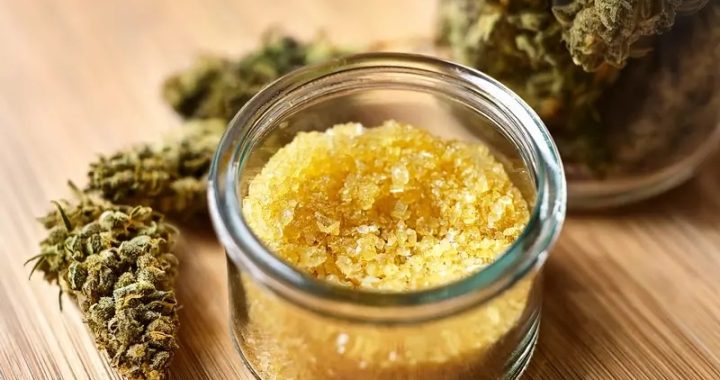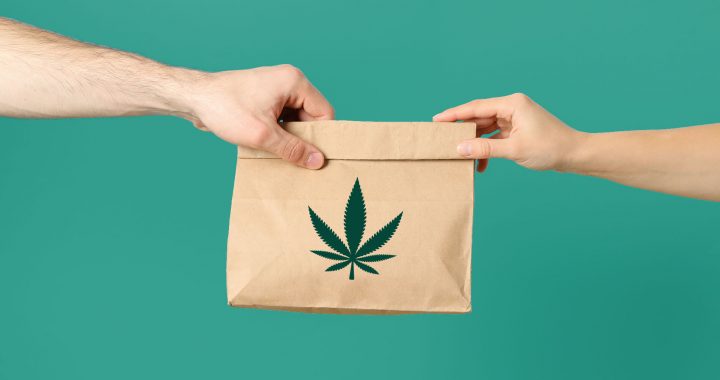Organic Herb Seeds: What You Need to Know
Growing your herbs from organic seeds is a fruitful endeavor that promises not only fresh and flavorful additions to your culinary arsenal but also the satisfaction of knowing you’re contributing to a healthier environment. This guide will provide everything you need to know about organic herb seeds, from their benefits to tips on selecting and planting them. Buy it you can in the seeds store Organo Republiс.

What Are Organic Herb Seeds?
Organic herb seeds are produced through organic farming methods, which avoid synthetic chemicals such as pesticides and fertilizers. Instead, these seeds are harvested from plants grown using natural practices that promote soil health, biodiversity, and ecological balance.
Healthier Plants
Organic seeds are often more resilient and robust due to their adaptation to natural growing conditions. They tend to produce healthier plants that are better equipped to withstand pests and diseases.
Chemical-Free Produce
By growing herbs from organic seeds, you ensure that your plants are free from synthetic chemicals, making them safer for consumption. This is especially important for herbs, as they are often used fresh and in large quantities.
Environmental Sustainability
Organic farming practices minimize environmental impact by reducing soil erosion, conserving water, and promoting biodiversity. By choosing organic seeds, you support sustainable agriculture and contribute to the well-being of our planet.
Better Flavor and Nutritional Value
Many growers believe that organic herbs have superior flavor and nutritional content compared to their conventionally grown counterparts. The absence of synthetic inputs allows the plants to develop their natural taste and nutrient profiles fully.
Certified Organic Labels
Look for seeds labeled as “Certified Organic” by reputable organizations such as the USDA or other regional certifying bodies. This certification ensures that the seeds meet strict organic standards.
Seed Companies
Purchase seeds from reputable seed companies known for their commitment to quality and sustainability. Some well-known organic seed suppliers include:
- Johnny’s Selected Seeds
- High Mowing Organic Seeds
- Seed Savers Exchange
Heirloom Varieties
Consider heirloom varieties, which are naturally open-pollinated and have been passed down through generations. These seeds typically offer unique flavors and characteristics not found in hybrid varieties.
Non-GMO
Ensure that the seeds are non-GMO (genetically modified organisms), as organic farming principles prohibit the use of genetically engineered seeds.
Tips for Growing Herbs from Organic Seeds
Start with high-quality, organic potting soil, or make your own mix using compost, peat moss, and perlite. Ensure the soil is well-draining and rich in organic matter.
Sowing Seeds
- Timing: follow the seed packet instructions for the best sowing time. Generally, start seeds indoors 6-8 weeks before the last frost date or directly sow outdoors after the danger of frost has passed.
- Depth: plant seeds at the recommended depth, usually shallowly for small seeds and deeper for larger ones.
- Spacing: provide adequate spacing between seeds to allow for growth and airflow.
Light and Water
- Light: place seedlings in a sunny location where they can receive at least 6-8 hours of sunlight daily. If natural light is insufficient, use grow lights to supplement.
- Water: keep the soil consistently moist but not waterlogged. Use a spray bottle for delicate seedlings to avoid disturbing the soil.
Fertilization
Feed herbs with a balanced, organic fertilizer once they have their first true leaves. Avoid over-fertilizing, which can lead to excessive foliage growth with less flavor.
Pests and Diseases
Monitor your plants regularly for signs of pests and diseases. Use organic pest control methods such as neem oil, and insecticidal soap, or introduce beneficial insects like ladybugs.
Harvesting
Harvest herbs in the morning after the dew has dried but before the heat of the day. Regular harvesting encourages bushy growth and prevents flowering, which can alter the flavor of some herbs.
Storing and Saving Organic Seeds
Store unused seeds in a cool, dry place, ideally in an airtight container. Label the container with the herb name and the date of purchase to keep track of seed viability.
Seed Saving
At the end of the growing season, consider saving seeds from your healthiest plants. Allow the seeds to dry completely before storing them in labeled envelopes or containers. Seed saving helps preserve heirloom varieties and promotes sustainable gardening practices.
Conclusion
Growing herbs from organic seeds is an excellent way to ensure that your garden is healthy, sustainable, and chemical-free. By selecting high-quality organic seeds and following best practices for planting and care, you can enjoy a bountiful harvest of flavorful, nutritious herbs. Embrace the benefits of organic gardening and contribute to a healthier future for yourself and the environment.

























